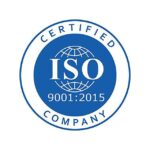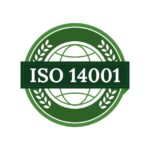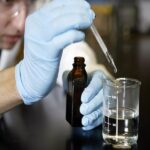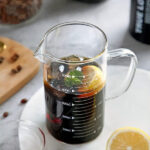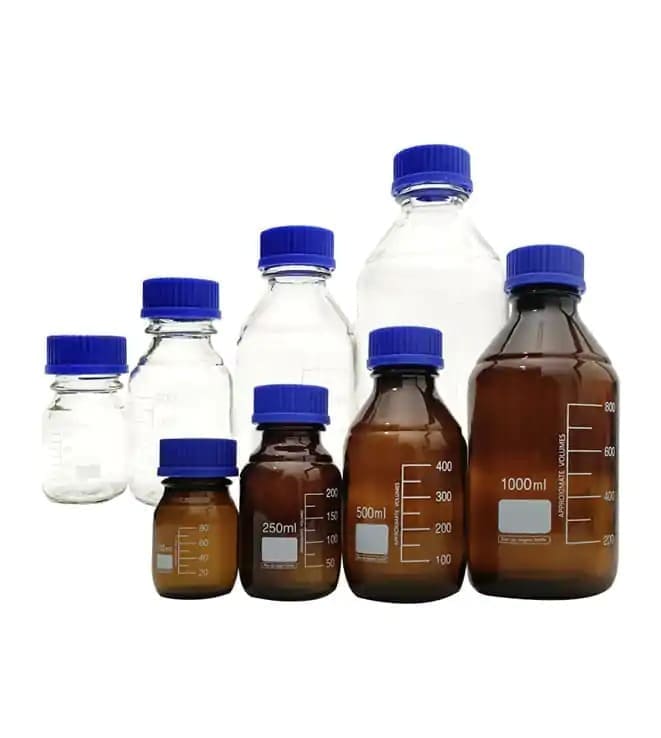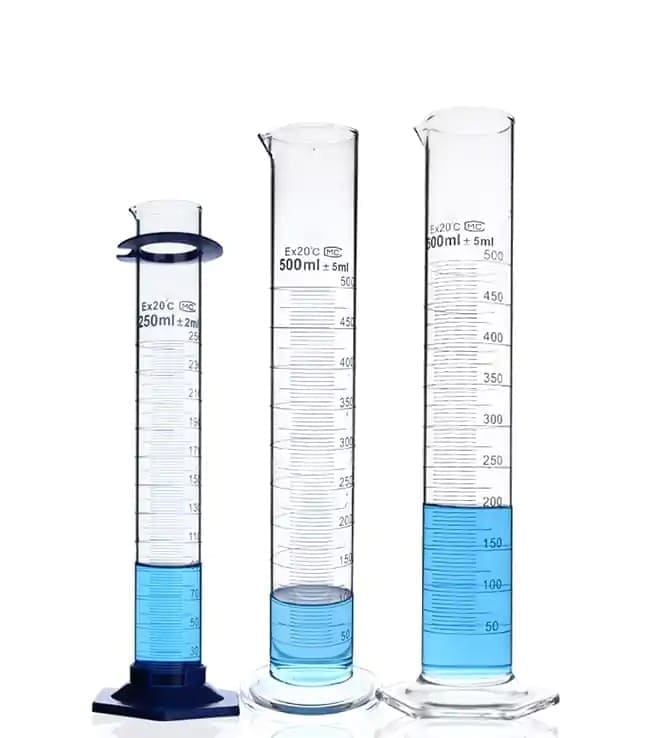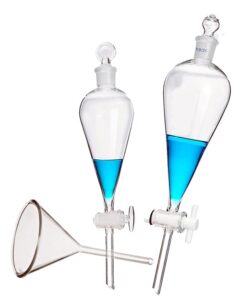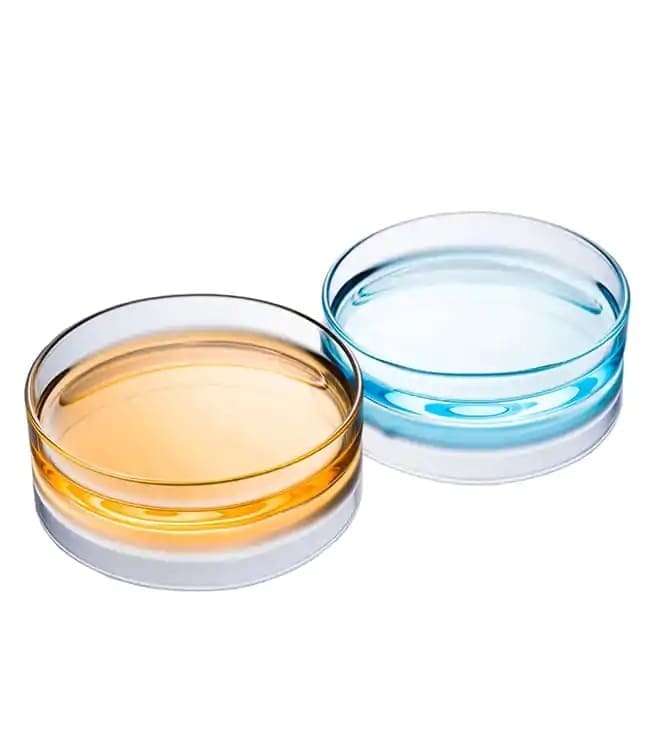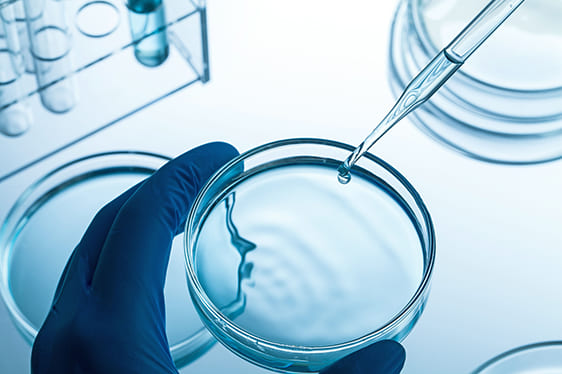
Unveiling Excellence with Lab Dishes
Harmony of Innovation and Mastery Unleashed
Embark on a journey of scientific discovery with our superior Petri, Crystallizing, Evaporating, and Watch Glass dishes.
- Petri Dishes: Flat, circular dishes with lids, fostering a sterile environment for microbial growth.
- Crystallizing Dish: Wide, flat containers designed to expose maximum surface area, perfect for crystal generation.
- Evaporating Dish: Robust, heat-friendly vessels that ensure rapid and efficient solvent evaporation.
- Watch Glass: Curved, clear glass pieces, aptly shaped to contain and observe small quantities of material.
Table of Contents for This Page
We understand that beakers can be a complex and diverse topic, which is why we’ve compiled a wealth of information on this page for you to explore. To help you navigate this content more easily, we’ve created a table of contents that will take you directly to the relevant sections when you click on them.
General Applications for Lab Dishes
Lab Dishes unfold the spectrum of scientific exploration across an array of sectors. Here are six realms they touch:
- Medical Research: They become life's canvas, cultivating cultures, testing antibiotics, and modelling diseases.
- Education: Serving as a gateway to science, they demonstrate laboratory marvels and nurture budding young minds.
- Chemical Industry: In their cauldron, they host chemical dances, enabling evaporation and crystallization.
- Material Science: A stage for material interaction, crystal birth, and residue scrutiny.
- Food Industry: Silent guardians, testing microbial presence, affirming food safety and maintaining quality standards."
General Hot Selling Products
If you require laboratory glassware for scientific research, education, or any other purpose, WINSON has got you covered. We offer a wide range of glassware products to meet your specific needs. Let us assist you in selecting the right glassware for your laboratory

Petri Dishes
Resembling nurturing cradles, these enclosed, lidded vessels provide a secure environment for microscopic life to thrive and grow, playing an invaluable role in the realm of microbiology studies.
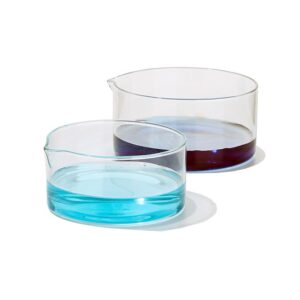
Crystallizing Dish
Crystallizing Dish is wide and shallow, they serve as vast plains where stunning crystals progressively arise from supersaturated solutions, making them a jewel in solid-state chemistry’s crown.

Evaporating Dish
Crafted with wide bases and heat-resistant materials, these dishes efficiently draw away veils of solvent, revealing the concentrated essence of solute, an indispensable ally in analytical exploration.
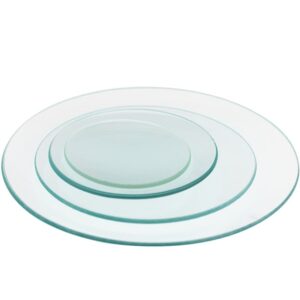
Watch Glass
Watch Glasses, with their concave shape and transparency, serve dual purposes: as a cover to prevent contamination or evaporation in beakers and as a surface for small amounts of solids.
| Description | Dia. (mm) | Height (mm) | Common Size (mm) |
|---|---|---|---|
| Petri Dishes | 40-200 | 18-33 | Φ60; Φ75; Φ90. |
| Crystallizing Dish | 40-230 | 18-116 | Φ40; Φ60 |
| Evaporating Dish | 60-150 | 30-75 | Φ60; Φ90 |
| Watch Glass | 45-180 | 2 | Φ90; Φ120. |
Winson is a manufacturer of laboratory glassware in China, specializing in producing beakers, laboratory flasks, graduated cylinders, volumentric flasks, funnels, petri dishes, reagent bottles, test tubes, and more. Whether you need a reliable wholesale supplier or custom-made laboratory glassware, we’ve got you covered. Get an instant quote by sending us an inquiry now!
Download Full Catalog to View More Products
To save you time, we have prepared a PDF version of our prouducts. Simply provide your email address and you will get the download link immediately.
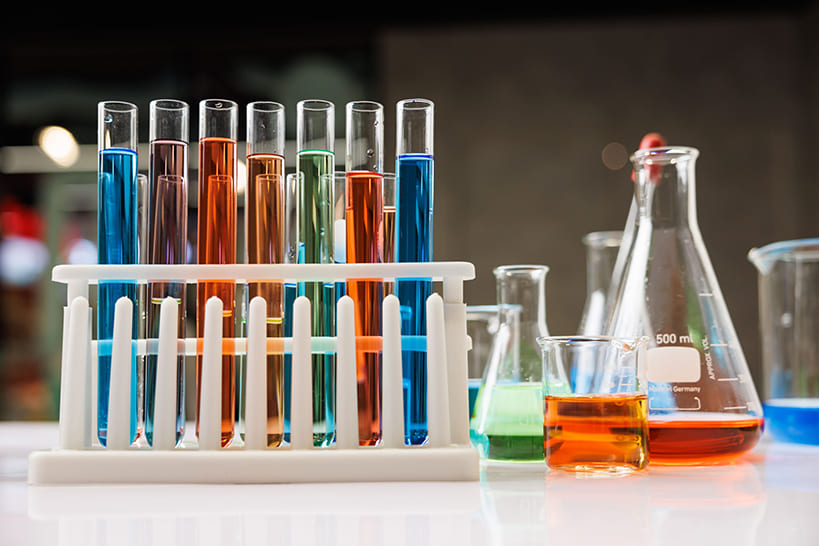
Wanna dig deeper in laboratory glassware ?
Estimated Wholesale Price
Please note that the final cost of your order is subject to several factors, including the level of customization you require, the specific raw materials used, compliance with relevant national laws and regulations, and the transportation distance. For instance, booking a tall container of products may incur additional costs based on these factors. We will work closely with you to ensure transparency in pricing and provide you with a detailed breakdown of all costs involved.
Customization Fee
Pay a small fee for consultation of any designs you want for your laboratory glassware at wholesale price.
Ocean Freight
This is the amount of money that you will pay for the transportation of your products from Chinese Port to your Nearest port. Winson offers you the convenience of any kind.
Miscellaneous Fee
It is any other fees relating to courier cost, import tariff, taxes and bank charges. They are usually import necessary fee.
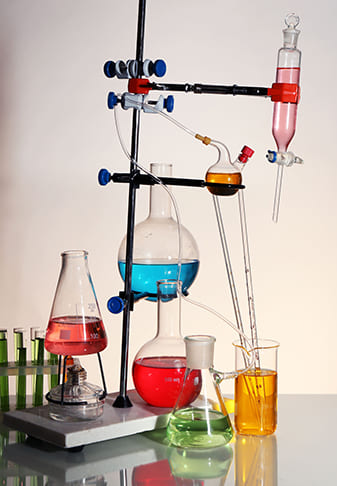
Sample Product Fee
Pay courier cost in case you need a sample laboratory glassware. Well, this money is for a single sample, if it is one that you need. With several samples, you’ll pay a bit more.
30% T/T Fee
You can decide to either pay the full amount or pay 30% of the full payment for the wholesale.
70% Final Fee
Complete your payment within a certain period and receive the products you ordered for.
The Process Flow & Duration Estimation
We work fast. As our customer base continues to grow, we have no other option but to prioritizing efficiency. With that in mind, let’s look at the whole process of manufacturing and shipping:

STEP 1
Design and manufacturing time
Skilled workers and precision equipment utilize blowing or pressing techniques to transform borosilicate glass tubes into various formats of laboratory glassware instruments.
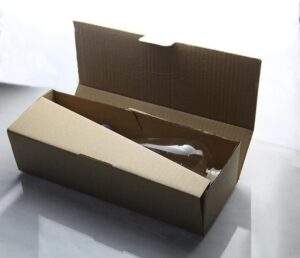
STEP 2
Packing and boxing all products time
Our dedicated staff takes great care in packaging your products in sturdy and secure cartons. While the process is efficient, we ensure that every item is handled with utmost care.

STEP 3
Sea and land transportation time
Upon completing the shipment, we promptly confirm the shipping details with your designated freight forwarder to ensure the safe and timely delivery of your goods.

STEP 4
Custom clearance and loading time
Before the cargo ship arrives at port, we provide customs clearance files to assist with the clearance process. Once cleared, drivers will transport the goods to your warehouse.
Want to know how to compress lead times?
Looking to reduce lead times? We have some helpful plans for you to reference.
Only simply click the button and you will get the download file immediately.
The Basic Knowledge about Laboratory Glassware
Dive into the basics of laboratory glassware on our dedicated page. Learn about glassware, their importance in scientific research, and how to effectively use them for accurate and safe experimentation.
Laboratory Ware for Different Raw Materials Showdown: Glass vs. Plastic
Are you stuck trying to decide between glass and plastic for your laboratory ware? As a buyer, choosing the right material is crucial for accurate results and reliable experiments. Join us as we compare the pros and cons of glass and plastic in the ultimate showdown for laboratory ware supremacy!
Chemical Resistance
Glass is highly resistant to most chemicals, making it suitable for a wide range of applications. Plastic can be affected by certain chemicals, causing degradation or breakdown over time.
Durability
Glass laboratory ware is generally more durable than plastic, able to withstand a wider range of temperatures and chemical exposure. Plastic is more prone to cracking, melting, or warping under certain conditions.
Safety
Glass laboratory ware is less likely to react with samples or chemicals, reducing the risk of contamination or injury. Plastic may contain harmful chemicals or additives that can leach into samples.
Transparency
Glass is typically more transparent than plastic, allowing for clearer observation of reactions or samples. Plastic can be somewhat opaque or have a cloudy appearance, which may limit visibility.
Sterilization
Glass can be sterilized using high temperatures or chemicals without damaging its structure. Plastic, on the other hand, may melt or deform under high temperatures, making it more difficult to sterilize.
Lifespan
Glass laboratory ware can last longer than plastic, as it is less likely to degrade or become brittle over time. Plastic may need to be replaced more frequently due to wear and tear.
Cost
Glass is typically more expensive than plastic, due to the higher cost of raw materials and manufacturing processes.
Design Options
Plastic laboratory ware can be easily molded into different shapes and sizes, allowing for greater design flexibility. Glass is typically limited to certain shapes and sizes due to its manufacturing process.
Optical Properties
Glass has better optical properties than plastic, which makes it suitable for applications that require high levels of clarity and transparency, such as microscopy.
Aesthetics
Glass has a more aesthetic appearance compared to plastic, which can be important for applications that require a certain level of professionalism or presentation, such as in the cosmetic industry.
Surface Properties
Glass has a smoother surface than plastic, which can make it easier to clean and reduce the risk of contamination. Plastic surfaces can be more difficult to clean and may retain particles or residues that can affect experimental results.
Static Electricity
Plastic can generate static electricity, which can attract dust and other particles and may affect certain laboratory applications. Glass does not have this issue.
In summary, choosing between glass and plastic laboratory ware depends on your specific needs and preferences. While plastic offers greater design flexibility and lower cost, glass has better safety, transparency, sterilization, lifespan, optical properties, aesthetics, surface properties, and avoids static electricity issues. Consider the nature of your experiments, the desired level of clarity and transparency, the frequency of use, and the importance of aesthetics when making your choice. We hope this comparison has helped you make an informed decision and feel confident in your laboratory ware selection.
The Common Pitfalls When Purchasing
Are you tired of inconsistent quality control from your laboratory glassware supplier? Worried about the risks of intellectual property infringement when working with overseas manufacturers? Or maybe you’ve experienced poor packaging and lack of after-sales support? Fear not, my friend! As a B2B exporter in the laboratory glassware industry, I’ve seen how these common pitfalls can impact businesses. Let’s explore these topics and learn how to avoid them.
- Inconsistent Quality Control: Some manufacturers may not have robust quality control measures in place, leading to inconsistent product quality.
- Poor Packaging: Inadequate packaging can result in breakage or damage during transportation, leading to additional costs and delays.
- Lack of After-Sales Support: Ensure that the factory provides adequate after-sales support, such as warranty or product replacement options.
- Intellectual Property Risks: Be aware of the risks of intellectual property theft or infringement when dealing with factory. It is essential to have proper contracts and agreements in place to protect your interests.
- Cultural Differences: Cultural differences can result in different expectations and interpretations of product specifications or requirements. It is essential to establish clear communication and understanding of expectations.
- Limited Product Range: Some manufacturers may have a limited product range, which can be an issue if you require a specific type of glassware or instrument.
- Limited Capacity: Ensure that factory has sufficient production capacity to meet your order requirements and timelines.
- Lack of Customization: factory may have limited customization options or may not be able to meet specific design requirements.
- Communication Issues: Communication issues can arise due to time zone differences, language barriers, or technological issues. It is crucial to establish clear communication channels and protocols to avoid misunderstandings and delays.
In conclusion, navigating the world of laboratory glassware manufacturing can be challenging. But armed with the knowledge of these common pitfalls, you can make informed decisions when selecting a supplier. By choosing a factory with robust quality control measures, adequate after-sales support, and proper intellectual property protections, you can avoid costly mistakes. Clear communication, understanding of cultural differences, and sufficient production capacity are also crucial factors to consider. At our company, we prioritize these aspects and strive to provide our clients with high-quality laboratory glassware and instruments. Contact us today to learn more about our products and services, and let us help you navigate the world of laboratory glassware manufacturing with confidence.
What They Said
Have a look at how some of our clients perceive our goods and services
I work a distributor of high-end lab equipment, I only work with suppliers who provide the best quality raw materials. This supplier uses high-purity borosilicate glass, resulting in glass instruments that are both durable and heat-resistant. Their quality standards never fail to impress, making them a dependable supplier for my business.
As a buyer with tight deadlines, I appreciate this supplier's commitment to meeting delivery schedules. They consistently provide accurate shipping estimates and deliver on time, without fail. The ease of doing business with them is a huge advantage, allowing me to focus on other important aspects of my business.
This supplier's customer service is second to none. The team always goes above and beyond to ensure my business needs are met. From personalized support to expedited shipping, they make sure that my experience is seamless and stress-free. Highly recommend this supplier to any business owner who values exceptional service.
I am a new business in the lab equipment industry, I was initially overwhelmed. However, this supplier's team provided exceptional guidance and support. Their high-quality glass instruments are dependable, and their customer service is prompt and friendly. Highly recommend to any new businesses in the lab industry
A Brief Self-Nomination, Why Choose WINSON?
Established in 2011, WINSON is a distinguished manufacturer of laboratory glassware in China, employing advanced glass blowing and molding technologies to produce a wide range of high-quality lab instruments.
WINSON offers customers an extensive selection of both standard and tailor-made glassware to cater to their diverse laboratory needs.
Your Dependable Laboratory Glassware Manufacturer in China
Protecting your scientific research with precision and reliability!
WINSON has substantial capabilities in producing durable, precision-crafted laboratory glassware.
Backed by ISO9001, SGS, CE certification. Ensuring laboratory precision.
Utilizes an advanced automated production line, capable of producing over 5,000 units per day.
Direct manufacturing, large scale production, and a team of expertly trained workers.
Whether you require standard laboratory glassware or have specific custom lab instrument needs,
WINSON consistently delivers to meet your requirements.
Things You Need to Know
To save you from worries, here are some facts you need to know about our suppliers
Can your Petri dishes be used for tissue culture?
Yes, our Petri dishes are suitable for both bacterial cultures and tissue culture applications.
Can your lab dishes withstand autoclaving?
Our borosilicate glass lab dishes are indeed capable of withstanding autoclaving, ensuring effective sterilization.
Are your crystallizing dishes suitable for freeze-drying?
Yes, our crystallizing dishes are suitable for freeze-drying applications due to their thermal resistance.
Can your evaporating dishes withstand high temperatures?
Absolutely, our evaporating dishes are designed to withstand high temperatures, making them suitable for various lab procedures.
Are your Petri dishes reusable?
Yes, our Petri dishes are reusable, but they must be thoroughly cleaned and sterilized between uses.
Are your lab dishes dishwasher safe?
While most of our lab dishes are dishwasher safe. For longevity, we recommend gentle hand washing with a soft sponge and a non-abrasive cleaning agent.
Are your watch glasses available in different sizes?
Absolutely, our watch glasses come in a variety of sizes to suit different requirements.
Do you offer lab dish sets?
Yes, we offer lab dish sets that include different types and sizes of dishes to meet diverse lab needs.
Can I order your lab dishes in bulk for educational purposes?
Absolutely, we support educational institutions and offer special discounts for bulk orders. Please contact us for more information.
Do you customize lab dishes?
Yes, we offer customization options for size, capacity, and, in some cases, glass type based on your needs.
Do you provide discounts for bulk orders?
We do offer discounts on large orders. Please contact our sales team for more details.
Do you ship internationally?
Yes, we provide international shipping. Please contact our customer service for details.
Repsects Quality Standards
Adhering to stringent quality norms, Winson’s lab glassware fulfills the rigorous requirements of CE, ISO, and SGS, underscoring our unwavering commitment to quality. Please contact us if you need special requirements
